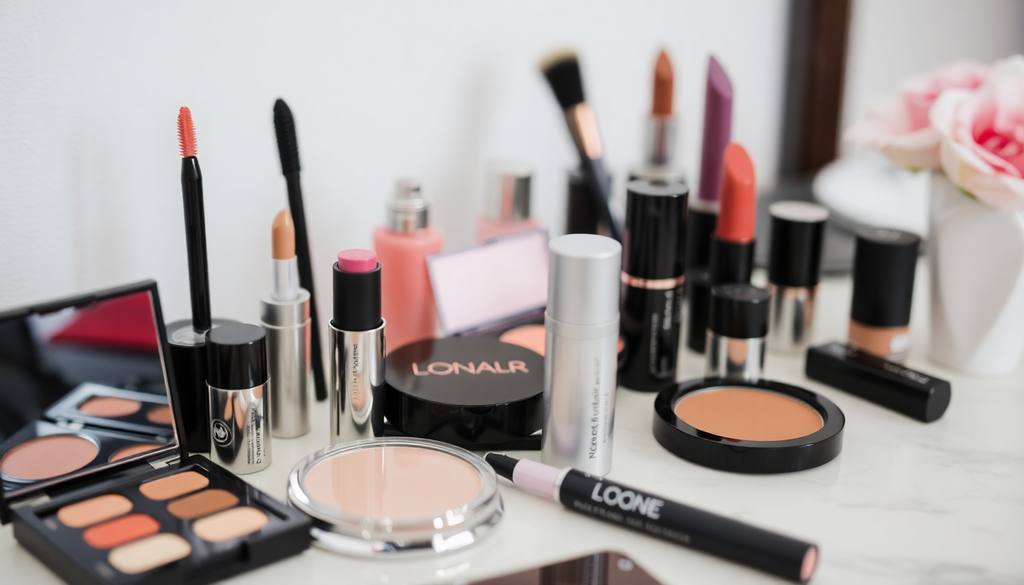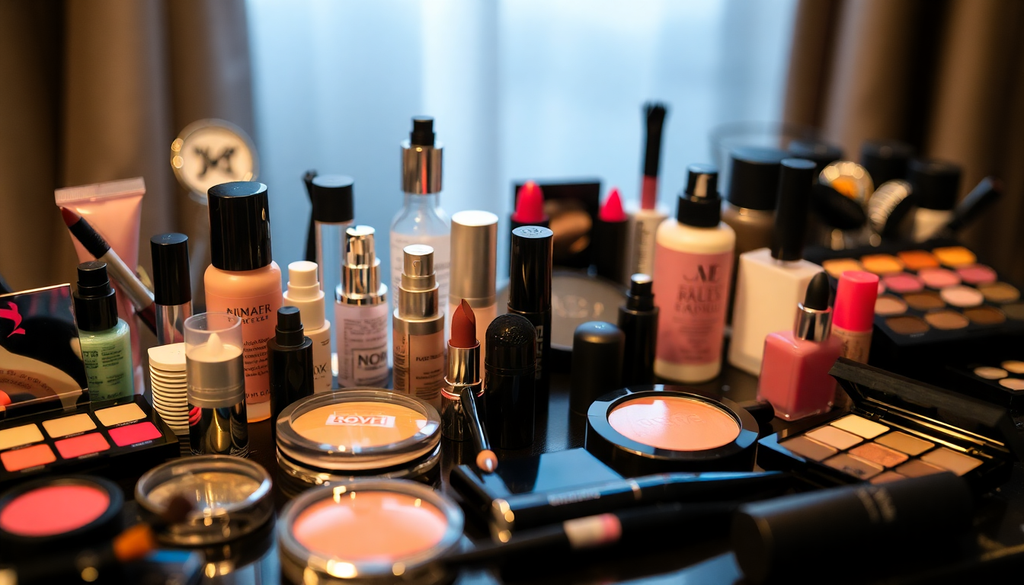
The Essential Guide to Starting Your Makeup Business in 2025: Navigating Private Label Cosmetics, Import Policies, and Effective Marketing Strategies
Introduction
Starting a makeup business in 2025 presents both exciting opportunities and unique challenges. As the beauty industry continues to evolve with trends and consumer preferences, understanding private label cosmetics, import policies, and effective marketing strategies is essential for success. This comprehensive guide will navigate you through the essential steps to launch your makeup brand and make a lasting impression in the competitive market.
Understanding Private Label Cosmetics
Private labeling allows you to create your own brand of makeup products without the need to manufacture them yourself. This model can significantly reduce startup costs and risks. Here’s what you need to understand:
- Choosing a Manufacturer: Research manufacturers that specialize in private label cosmetics. Look for quality, product range, and reputation. Check reviews, request samples, and ask for references.
- Product Selection: Decide on the types of products you want to offer, such as lipsticks, foundations, or eyeshadow palettes. Conduct market research to identify gaps and opportunities in the current makeup landscape.
- Branding: Develop a unique brand identity, including a memorable name, logo, and packaging that resonates with your target audience. Consider hiring a professional designer to create cohesive branding elements.
- Customization Options: Many private label suppliers offer customization options. Decide whether you want to create unique shades or formulations to set your products apart from competitors.
Navigating Import Policies
When sourcing products from overseas manufacturers, it’s crucial to understand the import policies of your country. Here are key considerations to keep in mind:
- Research Import Regulations: Familiarize yourself with the import regulations specific to cosmetics in your country. Different countries have varying requirements, and staying informed can prevent costly delays.
- Documentation: Ensure all necessary documents, such as invoices and certificates of origin, are prepared for customs clearance. You may also need to provide a Certificate of Free Sale (CFS) depending on your location.
- Compliance: Verify that your products comply with local safety and labeling regulations to avoid fines or product recalls. This may include listing ingredients, expiration dates, and any required warnings.
- Tariffs and Duties: Be aware of any tariffs or duties that may apply to your imported goods. Understanding these costs will help you price your products competitively.
Obtaining Necessary Certifications
Certifications can enhance your brand’s credibility and ensure compliance with industry standards. Consider pursuing the following:
- Good Manufacturing Practices (GMP): Ensures products are consistently produced and controlled according to quality standards. GMP certification demonstrates your commitment to safety and quality.
- Cosmetic Product Safety Report (CPSR): A legal requirement in many countries to demonstrate product safety. This report evaluates the safety of your cosmetic products based on their ingredients and intended use.
- Vegan and Cruelty-Free Certifications: If your products are vegan or cruelty-free, obtaining these certifications can appeal to a growing market of ethically conscious consumers.
- ISO Certification: Obtaining ISO certification can enhance your brand’s reputation and appeal to international markets.
Setting Up Your Online Store
In today’s digital age, having an online presence is crucial. Here’s how to set up your makeup online store:
- Choose an E-Commerce Platform: Select a suitable e-commerce platform, such as Shopify, WooCommerce, or BigCommerce, based on your budget and technical expertise. Ensure the platform supports mobile responsiveness.
- Website Design: Create a visually appealing and user-friendly website that showcases your products effectively. Invest in high-quality images and videos to enhance product visibility.
- Payment Solutions: Integrate secure payment gateways to provide customers with various payment options, such as credit cards, PayPal, and digital wallets.
- SEO Optimization: Optimize your website for search engines to increase visibility. Use relevant keywords, create engaging product descriptions, and regularly update your blog with beauty tips and tutorials.
- Customer Support: Set up a reliable customer support system, including chatbots and email support, to address customer inquiries efficiently.
Effective Marketing Strategies
Marketing your makeup brand is vital for attracting customers and building a loyal community. Implement these strategies:
- Social Media Marketing: Utilize platforms like Instagram, TikTok, and Facebook to showcase your products and engage with your audience. Create visually appealing content, such as tutorials and makeup looks.
- Influencer Collaborations: Partner with beauty influencers to promote your brand and reach a wider audience. Choose influencers whose values align with your brand for authentic promotion.
- Email Marketing: Build an email list to keep your customers informed about new products, promotions, and beauty tips. Offer exclusive discounts to subscribers to encourage sign-ups.
- Content Marketing: Create valuable content that resonates with your target audience. Consider starting a blog or YouTube channel to share makeup tutorials, tips, and product comparisons.
- SEO and PPC Advertising: Invest in both organic SEO strategies and pay-per-click advertising to drive traffic to your website. Target specific keywords related to your products and brand.
Building a Community and Brand Loyalty
Creating a loyal customer base is essential for long-term success. Here are some strategies to build community and brand loyalty:
- Engagement: Actively engage with your audience on social media by responding to comments, hosting live Q&A sessions, and encouraging user-generated content.
- Loyalty Programs: Implement a loyalty program where customers earn points for purchases, referrals, and social media shares. This incentivizes repeat business.
- Feedback and Improvement: Solicit feedback from your customers to improve your products and services. Showing that you value their opinions fosters a sense of community.
- Collaborative Events: Host workshops, makeup classes, or online events to connect with your audience and showcase your products in action.
Staying Updated on Industry Trends
The beauty industry is constantly evolving, so staying updated on trends is crucial. Follow these tips:
- Industry Publications: Subscribe to beauty industry magazines and online publications to stay informed about the latest trends and innovations.
- Trade Shows and Expos: Attend beauty trade shows and expos to network with industry leaders and discover new products and technologies.
- Social Listening: Monitor social media and beauty forums to identify emerging trends and consumer preferences, allowing you to adapt your offerings accordingly.
Conclusion
Launching a makeup business in 2025 requires careful planning, creativity, and a strong understanding of the industry landscape. By understanding private label cosmetics, navigating import policies, obtaining necessary certifications, setting up an online store, and implementing effective marketing strategies, you can position your brand for success in the competitive beauty industry. Embrace the journey, stay informed about trends, and let your creativity shine as you build your makeup empire!
Teilen

Navigating the New Zealand Makeup Business: Essential Insights on Private Label Cosmetics, Import Regulations, and Effective Marketing Strategies for 2025



